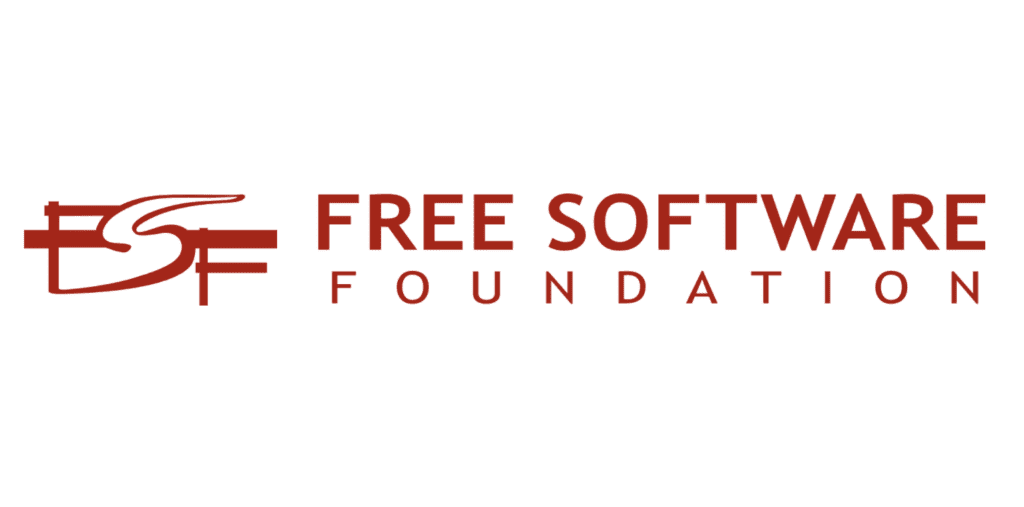The Free Software Foundation has published a public explanation of why they decided to reinstate Richard Stallman to the board of directors last month:
“The voting members of the Free Software Foundation, which include the board of directors, voted to appoint Richard Stallman to a board seat after several months of thorough discussion and thoughtful deliberation.
We decided to bring RMS back because we missed his wisdom. His historical, legal and technical acumen on free software is unrivaled. He has a deep sensitivity to the ways that technologies can contribute to both the enhancement and the diminution of basic human rights. His global network of connections is invaluable. He remains the most articulate philosopher and an unquestionably dedicated advocate of freedom in computing.”
The board took responsibility for bungling the news of his election to a board seat, stating that the planned flow of information was not executed in a timely manner. When Stallman announced his return to the board at last month’s LibrePlanet event, the free software community was not able to discern whether he did so with the board’s permission. It took the FSF by surprise, polarized the community, and provoked organizations and corporations to publish statements condemning his reinstatement.
The board admits that “FSF staff should have been informed and consulted first,” but follows it up by effectively downplaying his influence, stating that Stallman is “an unpaid volunteer and subject to the organization’s policies.”
The statement reads like a perplexing love letter for someone who struggles with social cues. It obscures most of the real issues outlined in an open letter signed by many prominent members of the free software community. The FSF board referenced a statement from Stallman, published one minute prior, and claims that he has acknowledged his mistakes:
“He has sincere regrets, especially at how anger toward him personally has negatively impacted the reputation and mission of FSF. While his personal style remains troubling for some, a majority of the board feel his behavior has moderated and believe that his thinking strengthens the work of the FSF in pursuit of its mission.”
The FSF board has officially confirmed that the majority of its leadership advocated for Stallman’s return and see it as important in its aim “to attract a new generation of activists for software freedom and to grow the movement.”
Stallman’s statement identifies his past behaviors as something outside his control, saying it was “not a choice” and “unavoidable:”
Later in life, I discovered that some people had negative reactions to my behavior, which I did not even know about. Tending to be direct and honest with my thoughts, I sometimes made others uncomfortable or even offended them — especially women. This was not a choice: I didn’t understand the problem enough to know which choices there were.
Sometimes I lost my temper because I didn’t have the social skills to avoid it. Some people could cope with this; others were hurt. I apologize to each of them. Please direct your criticism at me, not at the Free Software Foundation.
He also attempted to explain his position regarding the 2019 controversy that prompted his resignation from the FSF board and MIT’s Computer Science and Artificial Intelligence Lab.
“It was right for me to talk about the injustice to Minsky, but it was tone-deaf that I didn’t acknowledge as context the injustice that Epstein did to women or the pain that caused.
I’ve learned something from this about how to be kind to people who have been hurt. In the future, that will help me be kind to people in other situations, which is what I hope to do.”
This strategically intertwined pair of statements from Stallman and the FSF did little to change the community’s perception of his reinstatement to the board. They seemed to have the opposite effect of inflaming those who opposed it in the first place.
“I’m really grateful that the FSF board took the time to clarify this,” Squarespace founder Brian Fitzpatrick said. “This makes it crystal clear that they would rather have RMS around than become an inclusive and welcoming environment to more than half the people who write software. Toxic to the core.”
Congratulations on getting RMS offering a non-apology for being tone deaf. You’ve just inherited that skill.
It’s time for that “new generation of activists for software freedom” to help another foundation grow.
— St⭕nehead (@stonehead)
The statements were met with considerable backlash, as they did little to assuage community concerns regarding Stallman’s patterns of misconduct. More recently that includes his controversial remarks on rape, assault, and child sex trafficking, along with two decades of behaviors and statements that many have found to be disturbing and offensive. Whether these behaviors are motivated by malice or simply a lack of understanding the proper context, the damage to the FSF continues.
Red Hat principle engineer Elana Hashman, former director of the Open Source Initiative, published a thread with suggestions for 501(c)(3) public charities the community can donate to as an alternative to the FSF, including The Software Freedom Conservancy, EFF, OSI, and Software in the Public Interest.
Last week we reported that the WordPress project does not support Stallman’s return to the FSF board of directors. Curiously, WordPress’ executive director Josepha Haden-Chomphosy published the statement to her personal blog instead of on the project’s website, but she confirmed it is WordPress’ official stance on Stallman’s reinstatement. Since that time, the WordPress Foundation has quietly removed the Free Software Foundation from its list of inspirations.
Many corporations and individuals have distanced themselves and pulled funding from the FSF, but it has not had much impact on the leadership of the organization. The FSF board seems confident in their decision to keep Stallman in place, despite openly admitting that “his personal style remains troubling.” When the organization’s actions so sublimely repudiate its stated goals (to attract a new generation of activists for software freedom), it’s easy to see why former supporters can no longer buy into the FSF’s promises to improve transparency and accountability.
This content was originally published here.




